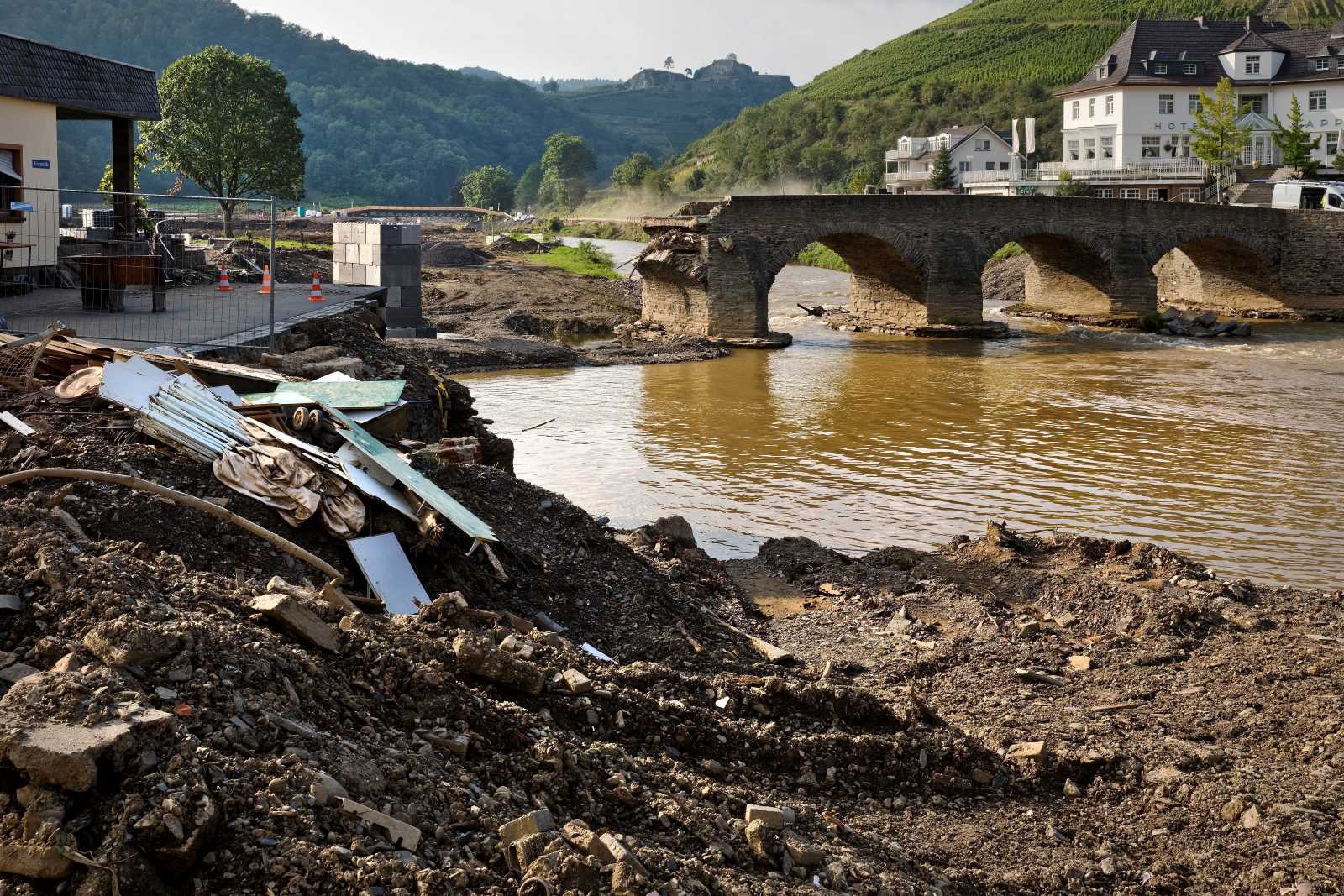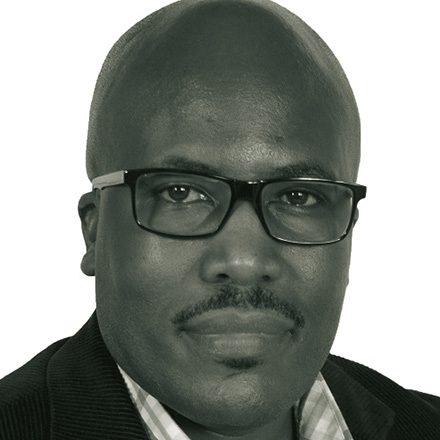Climate crisis
Ban solar geoengineering

In January, 13 scholars published an open letter to governments around the world, asking them to ban solar geoengineering at planetary scale. I endorse the appeal for the following reasons:
Global solar geoengineering aims at reducing incoming sunlight on Earth in order to mitigate global warming. The most prominent proposal is to inject the stratosphere with aerosols. Put simply, we would dim the sun a bit. Proponents say this is necessary because greenhouse gas emissions are not being reduced fast enough.
It would be wrong, however, to try to get a grip on the climate crisis by using a technology that incurs even bigger technological, political and ethical risks. We simply do not know the efficacy, the impacts and risks of solar geoengineering technologies applied at planetary scale. Nobody can tell what they would mean for regional weather, for sunshine, wind and precipitation. Equally unpredictable are the consequences for food and water supply (see Sundus Saleemi on www.dandc.eu). It is indeed extremely difficult to assess whether these technologies will deliver the desired results and what the undesired side effects might be. Even related experiments are risky .
Moreover, relying on untested technologies could suggest that we still have plenty of time to transition away from fossil fuels. We do not. We must decarbonise economies and make them environmentally sustainable fast (see Hans Dembowski on www.dandc.eu).
Given that so much remains unknown, decisions are needed at a global level concerning places, methods, intensity (aspired degree of cooling) and duration of global solar geoengineering interventions. Decisions regarding liability for potential damages and losses are equally required. All countries and all communities who might be affected would have to be involved in international deliberations.
In many low-income countries, the climate crisis is already harming. Most likely, rural communities’ livelihoods would be further depleted by unforeseen or uncontrollable impacts of global solar geoengineering. This is why indigenous communities have vehemently opposed related experiments in Sweden – and prevailed.
As low-income countries would be particularly at risk, they should be in control. Unfortunately, the countries that are in a position to use the technology are unlikely to give them much say – especially as they hope to buy time for decarbonisation.
Legitimate decisions on global solar geoengineering do not only require knowledge we lack and the acquisition of which is dangerous. They also require democratic global governance. The rights of future generations and living organisms in general must be considered. After all, impacts of solar geoengineering may threaten the survival of various species, very much including humans.
There actually is a considerable risk of governance failure because, even at planetary scale, solar geoengineering would not be expensive. Application would thus not depend on much international cooperation.
For these reasons, we argue that this technology should be banned. There should be no further research and development and no patents. Nor should global solar geoengineering figure in international agreements or national climate policies. The open letter is addressed to national governments and the UN, but others can act responsibly too. Research funders can stop funding research on global solar geoengineering technologies. Private philanthropies, universities, think tanks, civil-society groups, business lobbies and local governments can endorse our appeal. Of course, individual citizens are welcome too.
Link
Biermann, F., et al. 2022: Solar geoengineering: The case for an international non-use agreement.
https://wires.onlinelibrary.wiley.com/doi/10.1002/wcc.754
Imme Scholz is the deputy director of the German Development Institute (DIE) and will soon move on to become co-president of the Heinrich Böll Foundation, which is close to the Green party.
imme.scholz@die-gdi.de














